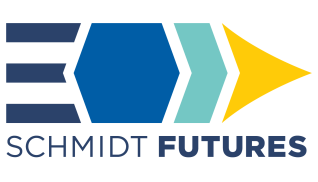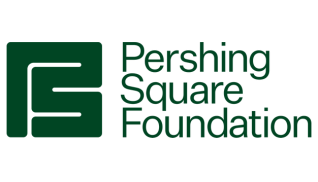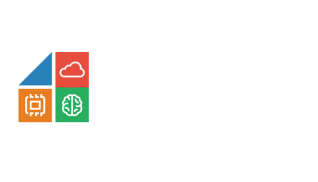Effects of Public Health Interventions on Aged Adults in Village Social Networks
Our objectives here concern how exogenous public health interventions may restructure village networks in developing world settings and therefore transform the social role of older adults, possibly even in ways that affect their health. This work also involves the evaluation of antagonistic ties in these villages.
Characterizing Individuals’ Cognitive Maps of Their Village Social Networks
Our objectives here concern how people form cognitive maps of the village social networks in which they are embedded; how these maps (and their accuracy) vary by attributes of the people and ties involved; and how the maps might relate to the diffusion of exogenously introduced innovations within the villages. We have developed new methods for collecting such data, from a set of 10,000 people in 82 isolated villages in Honduras.
Sponsors
The sponsors of our work, and a sketch of projects
they are supporting, are listed here.
Exploiting Social Influence in Networks to Magnify Population-Level MNCH Behavior Change
We will use a detailed understanding of social network structure and function to identify novel ways of targeting influential individuals so as to foster behavioral cascades and population-level behavior change. We will achieve this objective by conducting a randomized controlled trial of network targeting algorithms, to be deployed in a sample of 160 villages in Honduras, with maternal and neonatal care interventions.
Microbiome Biology and Social Networks in the Developing World
We will merge human genomic, microbiome, and social network data to examine important relationships among our own genes, the organisms living in our bodies, and our social connections to one another. The project aims to add significantly to the current understanding of how the microbiome affects and is affected by human social connections by exploring how the microbiota moves across social network connections and how that spread of the symbiotic microbial environment affects humans.
“Hybrid Systems” of Bots and Humans
In this project, we will develop and execute game theory-driven experimental scenarios (using a sophisticated online experiment system that we have developed) to improve our understanding of how groups of interconnected individuals can better solve collective problems of diverse, important sorts. We hope to invent new AI systems to help with collective action and to make groups work better together.
Social Chemosignaling and Social Capital in Honduras Villages
This work evaluates the role of olfactory cues in social bonds, particularly focusing on how these cues might influence cooperation and friendship in human groups (along with the consequent role such factors might play in mental health and social capital in the developing world).
Hybrid Human-AI Systems to Change Collective Behavior
Building on prior work in the Human Nature Lab, we will explore how artificial intelligence agents (also known as “bots”), placed within online social groups, can affect individual behavior and group performance. We will thus study “hybrid systems” composed of humans and bots interacting in complex ways. We will advance our understanding of what is likely to become an even more widespread phenomenon in the coming years, and we will develop applied technologies that could be useful in advancing the welfare of individuals, communities, and societies.
Assessing the Hazard of Elections During the COVID-19 Pandemic
In this project, we predicted that a second wave of the COVID pandemic, in keeping with past respiratory pandemics, would arrive in the US in the fall of 2020. Thus it was likely to coincide with the run-up to the presidential election, which would posse particular challenges. The pandemic behaved as predicted, and now we are evaluating how the process of assembling to vote affects subsequent geographically bounded spikes in COVID-19 cases, and, conversely, how the potential fear of assembling, given the presence of the virus, affected the process of voting, focusing on voter turnout.
The Human Microbiome, Social Network Interactions, and Mental Health
This work investigates two related research topics regarding the biology of human social networks: (1) the processes governing spread of the human microbiome within complex social networks, and (2) the potential role of inter-personal spread of the microbiome in mental health. It also supports efforts to understand other aspects of the biology of human social interaction.
Developing and Validating a Measure of Intellectual Humility in Traditional Villages of Rural Honduras
Intellectual humility (IH) has emerged as an important construct with particular relevance to many aspects of core human virtues. But efforts to study IH in non-Western contexts and to explore the relevance of IH to various daily practical decisions are still scarce. We will use a sample drawn from our ongoing study exploring changes in health knowledge and behavior of 30,862 people in 176 villages in rural Honduras. In measuring openness to new ideas, practices, and norms, we will broadly examine the potential importance of IH in the acquisition of knowledge important to the wellbeing of individuals and communities.
Explorations of Social Interactions
This project evaluates fundamental mathematical properties of human social interactions, and develops methodology to collect and analyze data from a variety of face-to-face and online settings.
Biology of Human Social Interaction
This line of work evaluates a broad range of topics related to the role of the microbiome, chemosignaling, and biomarkers in human social interactions.
Social Microbiome
A growing body of evidence has implicated the microbiome on conditions such as obesity, depression, and hypertension. Work in the Human Nature Lab has shown how the microbiome might spread between people, across network ties. Work in this project is therefore focused on how such spread of the microbiome might possibly contribute to various physical and mental health conditions, which are ordinarily felt to be non-communicable, actually being communicable.
Origins of Collective Decision Making
This work involved two main research areas: experimental studies on group decision-making and an evolutionary analysis of the possible foundations of political rights. The first area explore how group dynamics, such as size, transparency, and incentives, influence decision quality, and the second builds on prior work to examine how fundamental rights have evolved, offering new empirical justifications beyond traditional legal frameworks.
Yale University and the Tata group of India have launched a far-ranging research collaboration that builds on their shared strengths in discovery, technology, and innovation. The alliance is led by a Joint Steering Committee (JSC) of Tata and Yale leadership. The JSC at Yale includes FAS Dean Tamar Gendler, SEAS Dean Jeff Brock, and is chaired by Nicholas Christakis ’84, Director of the Yale Institute for Network Science and Sterling Professor of Social and Natural Science. The Tata group has committed to fund the alliance for seven years. The project has fostered an intellectual exchange between the university, Tata Sons Limited, and several Tata companies, including Tata Consultancy Services, Tata Chemicals, and Titan.
